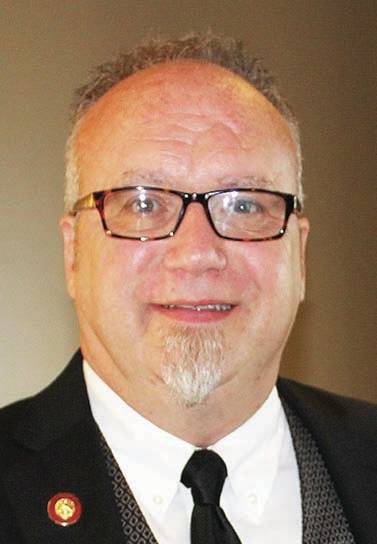More competition in alcohol sales?
Published 11:02 am Friday, March 2, 2018
A liquor license is a valuable possession in some parts of Kentucky. But should it be?
That’s one question raised by Senate Bill 110, which, like many wet-dry elections, is uniting preachers and package store owners.
The preachers fear that lifting population-based limits and allowing the free market to determine the number of bars and package stores in a locale, as the Bevin administration proposes, would drive up alcohol abuse.
The package store owners want to protect their turf and fear that new competition would drive down their profits or maybe drive them out of business. Some owners see their liquor license as their retirement plan. But if the state lifts the caps, the license would lose its value as an asset that can be sold and resold.
For consumers, increased competition would lower prices and provide greater choice. That’s reason enough to defeat SB 110, which would preserve monopolies enjoyed by some license-holders by saving the population-based caps.
It’s true that under deregulation some “mom and pop” businesses would lose out to high-volume chains. At the same time, new opportunities for entrepreneurship, leisure and tourism would open as more venues (spas, galleries, boutiques, museums, “paint and sip” art studios) gained licenses to sell adult beverages.
SB 110, sponsored by Senate President Pro Tem Jimmy Higdon, R-Lebanon, would halt the deregulation initiated in December by the Alcohol Beverage Control Board and put into law the population ratios that were set by regulation decades ago: 1 package store license for every 2,300 residents and 1 license to sell drinks for every 2,500 residents. Cities can petition to lower the ratio to 1 license for every 1,500 residents but the process is cumbersome.
To relieve an acute shortage of available liquor licenses in Northern Kentucky, Higdon supports a proposal by Sen. Wil Schroder, R-Wilder, that would allow counties with more than 85,000 population to petition the state to allow 1 license for every 1,000 residents.
Now, if, say, you wanted to open a bourbon bar in Covington — to capitalize on the B Trail, the Bourbon Trail’s new northern extension — you would have to wait for 23 licenses to be revoked or surrendered. Or you’d have to buy a license from someone who already has one. The wait for a license in Campbell County (Alexandria and Newport) is even longer.
The transfer of a liquor license must be approved by the state, but such sales are privately negotiated and are not public record, so the going rate is unknown. But knowledgeable people say it would be in the tens of thousands of dollars, or more.
Bowling Green has no available drinks licenses. Neither do Maysville, Morehead, Corbin or Grayson. No package store licenses are available in Corbin, Mayfield, Russell, Radcliff, Barbourville, London, Somerset, among others.
Statewide, though, there is a surplus of licenses available for both package stores and drinks. That should ease worries about a proliferation of alcohol outlets. Competition may well reduce the number. Also, the state puts no population-based caps on beer or any of the many other alcohol licenses (restaurants, convention centers, microbreweries, transporters, etc.), and that doesn’t seem to be causing problems.
Kentucky’s licensing regime protects license holders, not the public, and blocks competition and enterprise. Only 17 states have population-based caps. Kentucky should make it 16.
Lexington Herald-Leader





